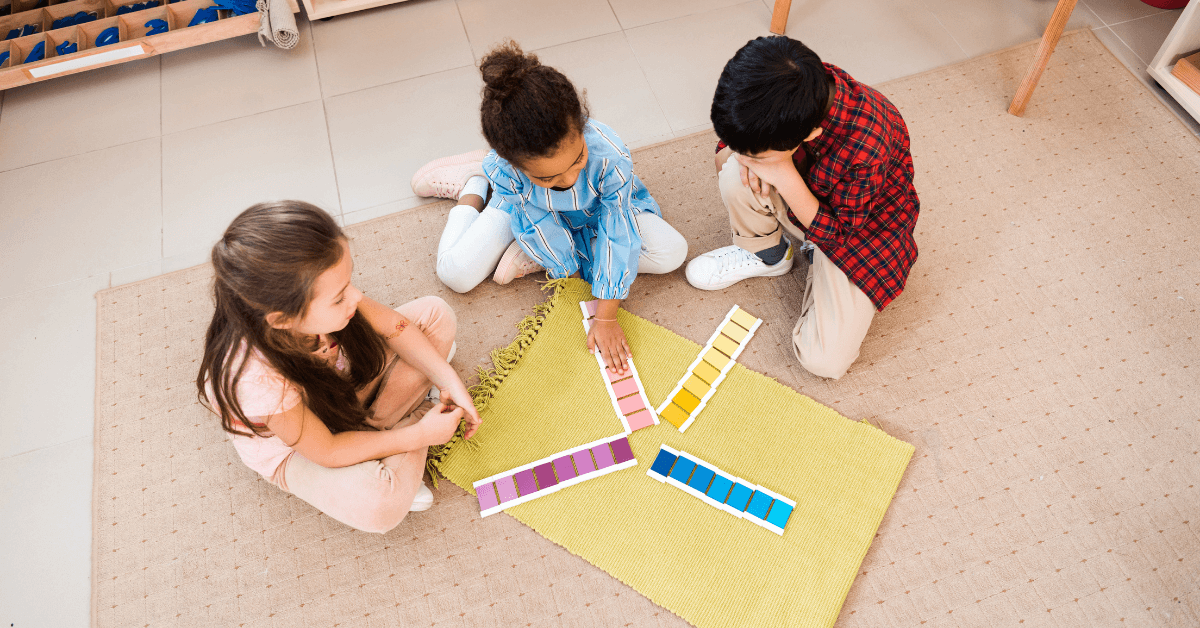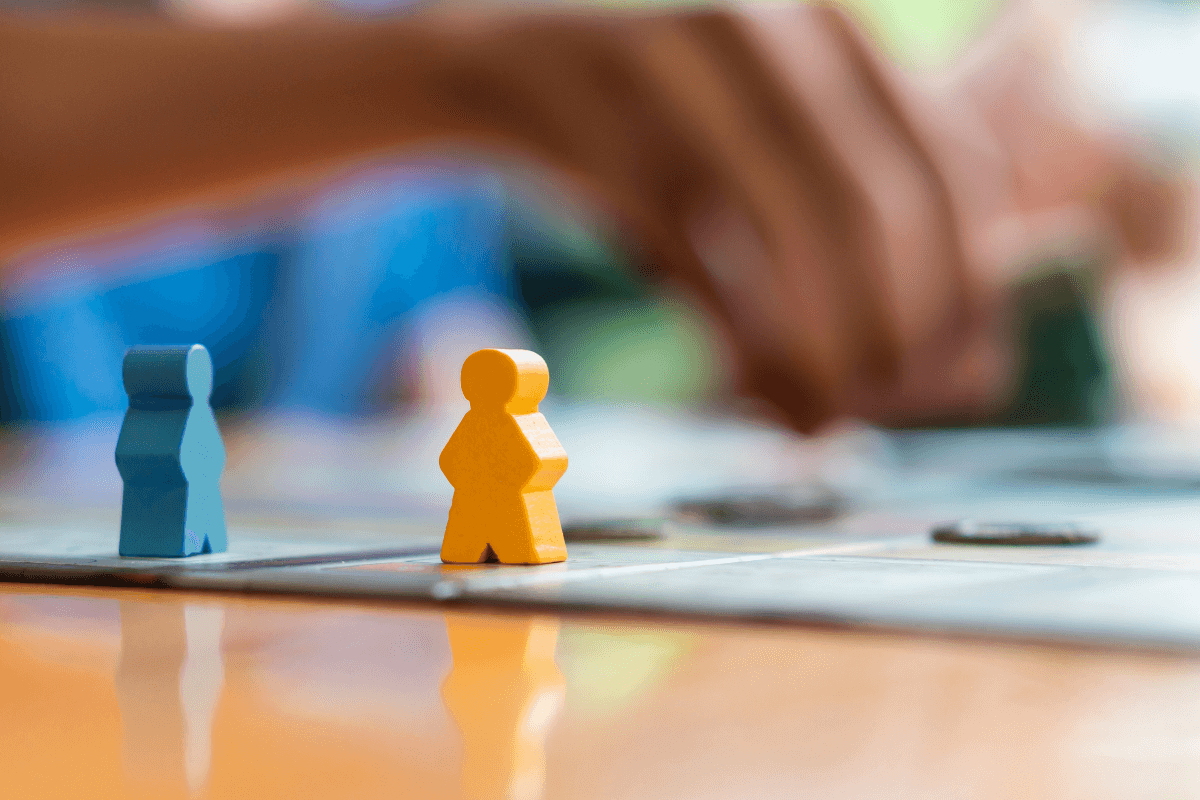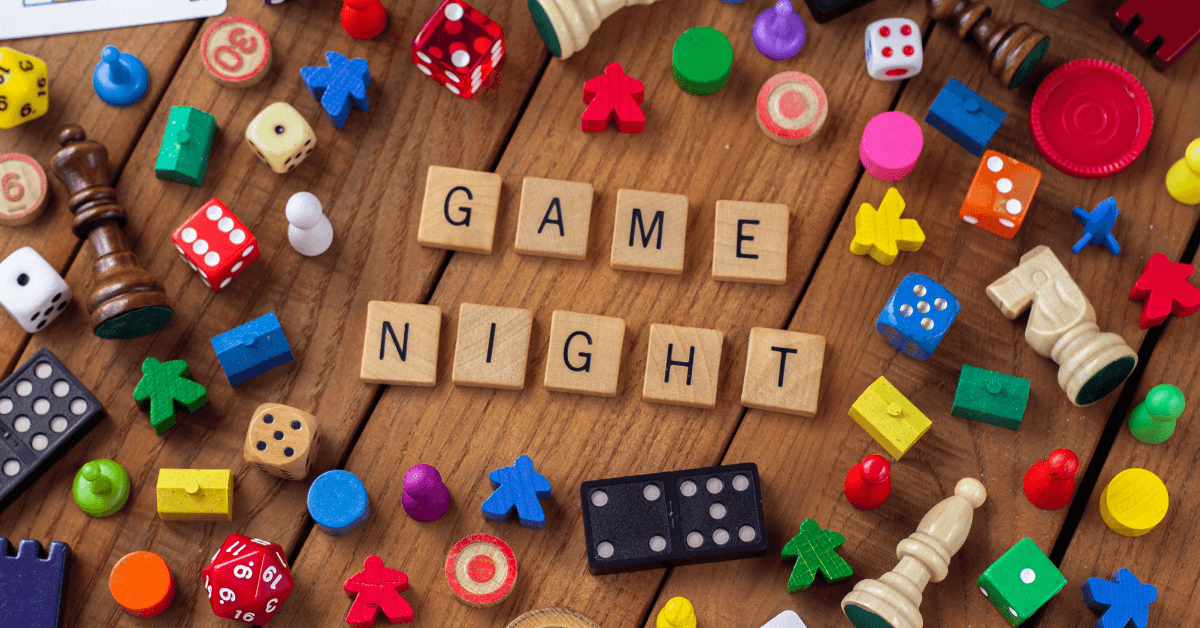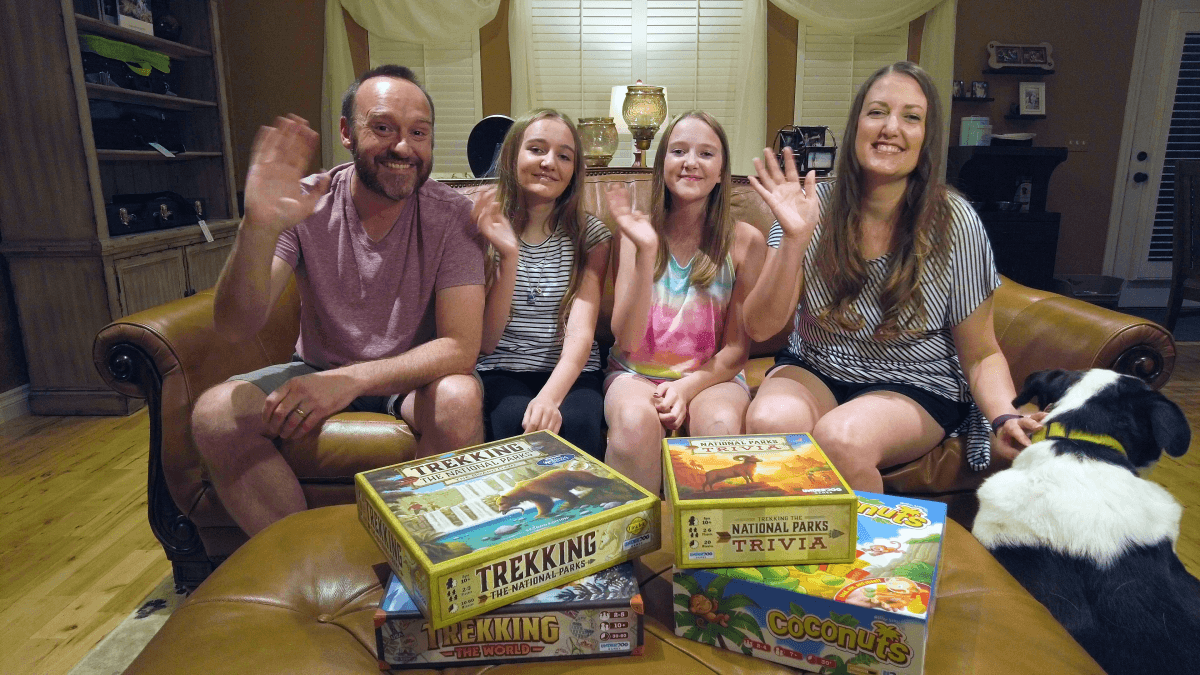Here at Underdog Games, we love the opportunity to sneak in some fun facts and learning wherever we can. This is why we love the idea of creating a gameschool environment.
Recently, we had an article about gameschooling, which you can find here. It gives a great overview as to what it is and why it's been trending in recent years. For anyone who has played board games growing up, you'll see that it's a lot about learning through the power of play.
One of our favorite bloggers who knows a lot about this topic is Cait Curley, a school psychologist and homeschool mom. She is the creator of My Little Poppies and Learning Never Board. Cait recently sat down with us to give us tips for creating a gameschool, and we wanted to pass those on to you.
What tips do you have for others who are wanting to get into gameschooling?
I always suggest that families start small. You do not need an overflowing game shelf or closet to have a gameschool or be a gameschooler. All you need is a standard card deck and a play mindset. Once you have a deck of cards and a resolve to play more with your kids, just head to the Bicycle Playing Cards website or download their free How to Play app. Once there, you can filter games by the ages of your kiddos and the number of players.
A deck of cards is affordable and portable. That portability allows you to play more—from the soccer sidelines to the pediatrician's waiting room!
Do you have any favorite games you could share with us that you think are particularly good for gameschooling?
When it comes to gameschooling, the most important thing is that you're having fun. That's when the learning happens! Try not to think of games in terms of discrete academic subjects, and whatever you do, don't tell your kiddos you're going to play a math game! They will balk and you'll end up frustrated. Instead, follow your children's interests. Relax and have fun! Play has the power to transform your homeschool routine and family life, plus you'll make connections and memories to last a lifetime.
Gameschooling has helped my children learn to add and subtract, multiply and divide, identify coins and make change, tell time, learn states and capitals, and so much more. Years ago, my youngest was obsessed with a quirky card game called GUBS. He played it all the time, but had to play on my team because he wasn't reading yet. Well, our whole family credits GUBS with teaching him to read. GUBS is not a reading game at all, but my youngest loved it and he wanted to play it independently.
This is the power of play when it comes to learning. Play is learning, but you have to trust the process. If you are looking for affordable games that help reinforce math and language arts skills, you can easily find classic games like Yahtzee, Boggle, Scrabble, Cribbage, and Chess at thrift stores and yard sales. Remember—it's not about the size of your game collection, it's about a play mindset and the power of playing what you have.
How do you bring together gameschool and the curriculum to make that strong tie?
I love to create what I call "Lazy Unit Studies" around a child's current area of interest. Right now, my 13-year-old son is interested in mushroom. This week, I will grab some mushroom books at the library. I'll leave some out on the coffee table and read others aloud. I might queue up a mushroom documentary on CuriosityStream.
We might go to our local nature center and enroll in a mushroom foraging event. We might go home and draw the mushrooms we found in our nature journal, or examine the mushrooms under the microscope. And because we are gameschoolers, I'd pull out a game like Ecologies or borrow Morels from a friend and we'd play that. Children and teens learn so well through books, experiences, conversations, and play.
Any other tips you have that you'd like to share?
When you are passionate about play-based learning and gameschooling, it is important to find a community. It can often feel like yours is the only family not following a more traditional homeschool approach, but there are tons of gameschoolers out there. You can check in with your local library, game shop, or find your community online. If you're stuck, check out Never Board Learning. It's an online community for creative parents and educators who embrace play-based learning and gameschooling and features a printable resource library, monthly speakers, and a vibrant online forum.
A community of like-minded educators can inspire your play and can hold you accountable during challenging homeschool seasons. The community can help you remember that learning can be almost all fun and games.





